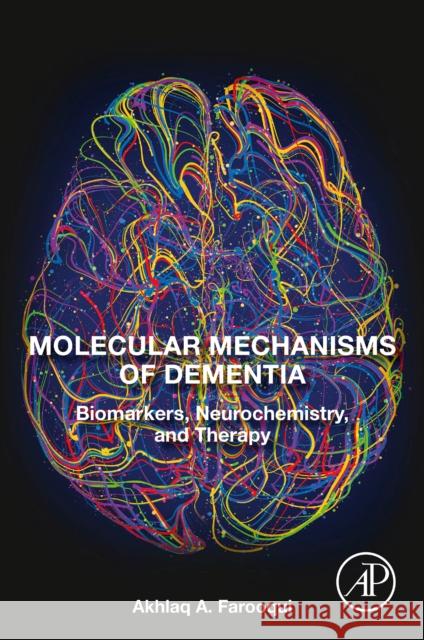Molecular Mechanisms of Dementia: Biomarkers, Neurochemistry, and Therapy » książka
topmenu
Molecular Mechanisms of Dementia: Biomarkers, Neurochemistry, and Therapy
ISBN-13: 9780128163474 / Angielski / Miękka / 2019 / 386 str.
Molecular Mechanisms of Dementia: Biomarkers, Neurochemistry, and Therapy
ISBN-13: 9780128163474 / Angielski / Miękka / 2019 / 386 str.
cena 557,51
(netto: 530,96 VAT: 5%)
Najniższa cena z 30 dni: 555,21
(netto: 530,96 VAT: 5%)
Najniższa cena z 30 dni: 555,21
Termin realizacji zamówienia:
ok. 30 dni roboczych
Bez gwarancji dostawy przed świętami
ok. 30 dni roboczych
Bez gwarancji dostawy przed świętami
Darmowa dostawa!
Kategorie:
Kategorie BISAC:
Wydawca:
Academic Press
Język:
Angielski
ISBN-13:
9780128163474
Rok wydania:
2019
Ilość stron:
386
Waga:
0.59 kg
Wymiary:
22.61 x 15.24 x 2.03
Oprawa:
Miękka
Wolumenów:
01
Dodatkowe informacje:
Bibliografia











